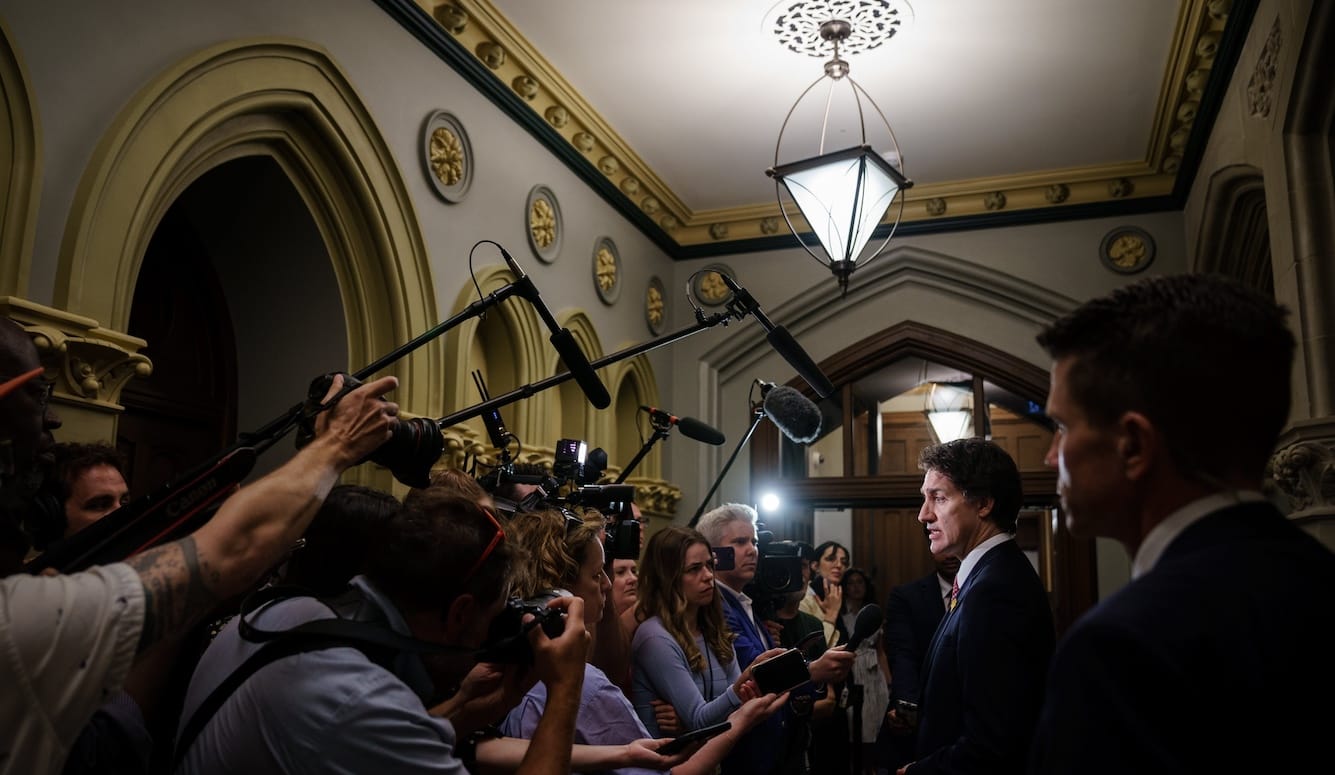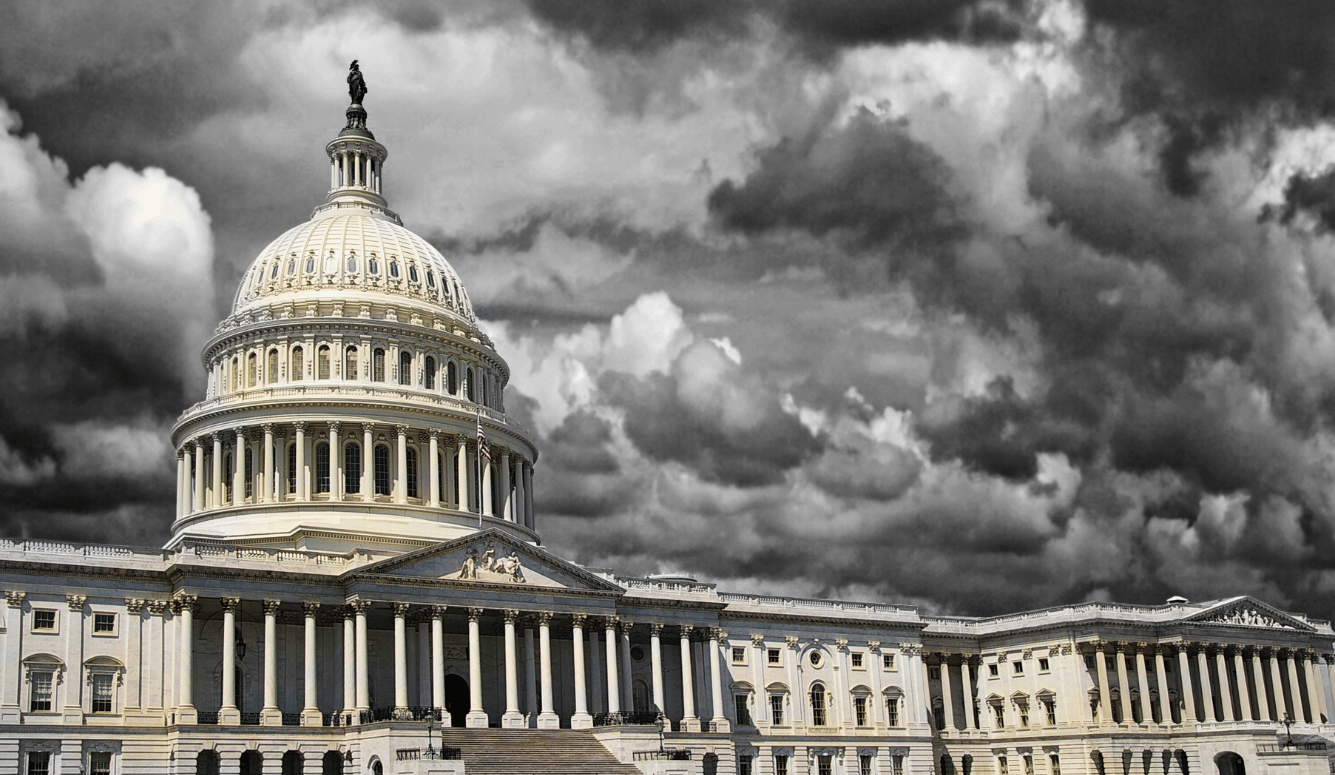journalism
Journalists Shouldn’t Depend on the State for Their Wages
More than a third of many Canadian journalists’ salaries are now effectively being paid by Justin Trudeau’s government—an arrangement that’s created an obvious conflict of interest.

In 2022, the Toronto-based Globe & Mail newspaper ran an editorial attacking Canada’s federal Conservative opposition leader, Pierre Poilievre, on the basis that he hadn’t taken questions from Ottawa journalists for over a month. “Can you imagine the country led by a PM who refused to speak to the Parliamentary Press Gallery, and who only talked to friendly reporters guaranteed to lob him softball questions about his awesomeness?” asked the authors, adding that “a free press is a critical part of a healthy liberal democracy, and politicians need to do their part, like it or not.”
As a general rule, that last part is true. But the applicability of such high-flown sentiments is brought into question when the reporters in question depend for their livelihoods, as in this case, on government wage subsidies. Just as politicians who shun the media limit journalists’ ability to gather information, so do politicians who lavish money upon journalists compromise their ability to earn the trust of audiences and interviewees.
In this regard, Justin Trudeau’s Liberal government offers the rest of the world a troubling cautionary tale. As reported by Michael Geist of the University of Ottawa, “Qualified Canadian Journalism Organizations” (as that term is defined by the government) can now claim 35 percent of their journalists’ salaries as tax credits—up to a salary limit of $85,000 per employee. Put another way, $29,750 of the annual gross pay earned by senior Canadian journalists—including the ones seeking to put microphones in front of opposition politicians such as Mr. Poilievre—is now effectively provided by the federal government.





